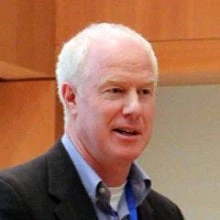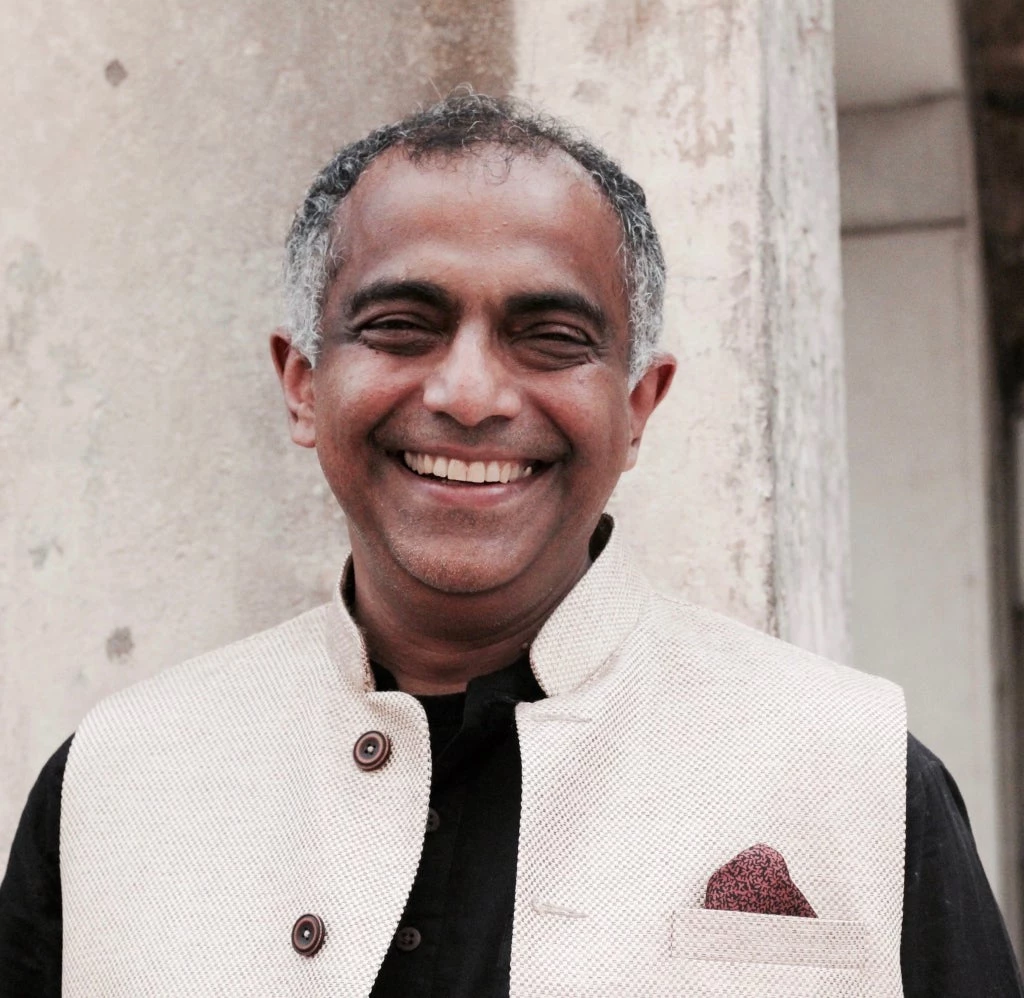While there is now a consensus that institutions and history matter for understanding development outcomes, the development policy community has largely failed to take the third (seemingly logical) step, which is to recognize that historians—and the discipline they represent—might matter. Historians hardly speak with a single voice or from a unified perspective, but at best their absence from policy discussions leads to lost opportunities to enrich the quality of scholarship and expand the range of policy responses; at worst it results in partisans erroneously or selectively invoking ‘history’ in support of their cause, or to claims (as one of us heard in a recent meeting) that “the history of the Middle East is largely a black box” merely because the methods historians deploy are not always those preferred by economists. Needless to say, it is almost impossible to imagine the reverse situation, namely a prominent policy issue in which there was a consensus that economics matters but that economists were somehow not consulted.
A new book we have co-edited with Chris Bayly—History, Historians and Development Policy: A Necessary Dialogue—seeks to facilitate a more constructive exchange between historians, social scientists (especially economists) and policymakers. How might historians fruitfully contribute to development policy? Not merely by “knowing more” about particular times, places and circumstances, and then “adding it” to the discussion, though even this would be a start. More deeply, historians believe that it is through the study of the past that we continually modify our understanding of it and so shift our relationship with it; indeed, the fundamental rationale for the discipline is that the past is never finished and complete.
To give one example, consider the British industrial revolution. As recently as the early 1970s it was understood as essentially a highly compressed episode of explosive activity that took place between 1780 and 1850, driven by science, technology, rapid capital accumulation and soaring population growth due to falling mortality. This led to national economic growth plans that focused on increasing the capital-output ratio. Since the 1980s, however, an entirely different view has emerged; far from being a rapid “revolution”, the British economic transformation was instead a gradual process occurring across a quarter of a millennium, c.1600-1850, driven by a wide range of interacting institutions. One such institution, as Richard Smith’s chapter in our book points out, was England’s unique national social security and identity registration system, which began in the 1500s.
Another example in our book comes from education historian David Vincent, who shows how measurement generated improvements in literacy in Victorian England. The idea that literacy could be measured came from the realization that all marriage registers required signatures, and that this could be utilized to measure spatial and class disparities in literacy. Publicizing the results led to demands from the radical press to equalize the supply of education, and to broader discussions on the link between literacy and violence, “moral health” and the “rational enjoyment of blessing.” This led to improvements in both the demand and supply of education, to the extent that in the 19th century each successive generation was on average twenty per cent more literate than its predecessor, a pattern that is also currently evident in many developing countries. The rise in literacy was thus not just the result of public education reform and expansion but the growth of a widespread market for private schools with untrained, unofficial instructors.
The book provides similar analyses of the dynamics shaping the emergence of policies for enhancing public health and managing natural resource wealth. One of its general conclusions is that policymakers need to be more realistic about the way in which their policies will mix into the flow of a society’s history and not simply imagine they will achieve the ‘laboratory’ results they wish for them. More informed and realistic policies would start from the premise that the receiving society and its historical momentum are much more powerful and important than the applied policies, and the latter only really have a chance to succeed if they can work with that momentum to encourage the desired kinds of selective adaptations.
The English novelist L. P. Hartley opened his book The Go-Between with the famous lines: “The past is a foreign country; they do things differently there”. In our book, we show that students of the past also do things rather “differently” as well: where economists are primarily concerned with resolving identification issues, seeking to build clean mono-causal explanations, others—historians and some economic historians—strive instead to understand complex processes, contexts and contests, and the manner in which selective remembrances of this “foreign country” are invoked to justify actions in the present. These approaches should be seen as complements, but too often they are regarded as substitutes, with informed dialogue occurring only rarely. The residents of and visitors to this foreign country speak different languages, hold different beliefs, and aspire to different goals; as with other such manifestations of this problem, the appropriate solution is effective diplomacy and respectful engagement, not wilful ignorance or hubris. As historian Margaret MacMillan wisely notes, “We should be wary of grand claims in history’s name or those who claim to have uncovered the truth once and for all… [U]se it, enjoy it, but always handle history with care.”
A seminar event to launch History, Historians and Development Policy: A Necessary Dialogue (edited by C.A. Bayly, Vijayendra Rao, Simon Szreter and Michael Woolcock) will be held on Tuesday March 6, 2012, from 12:00 – 1:30, in JB1-075. All are invited. The discussant will be Elisa Liberatori-Prati, the World Bank’s Chief Archivist. External visitors should contact P. Maribel Flewitt (202-473-2724; pflewitt@worldbank.org) for visitors’ passes or further information.




Join the Conversation